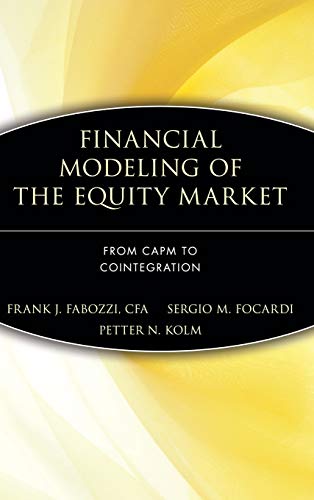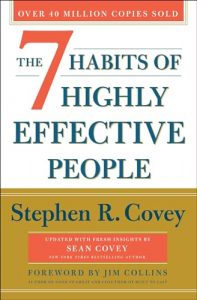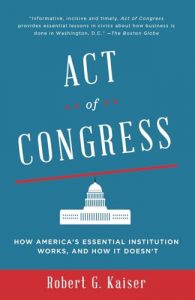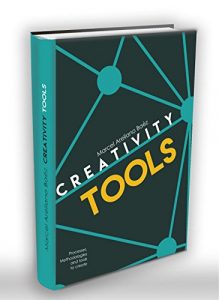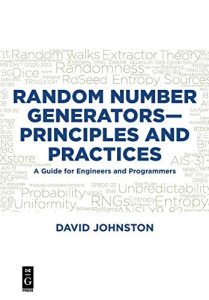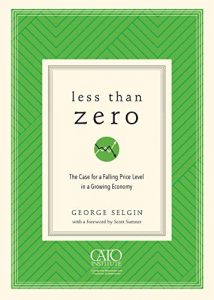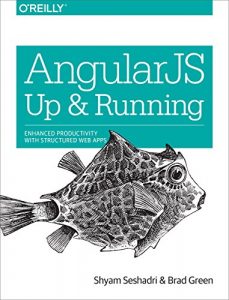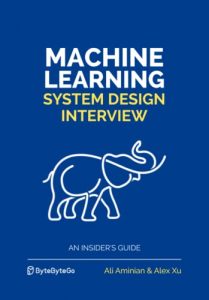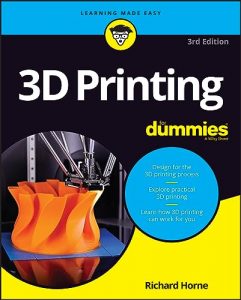1. Financial Modeling of the Equity Market: From CAPM to Cointegration
Authored by Frank J. Fabozzi, Sergio M. Focardi, and Petter N. Kolm, this book is an essential read for anyone stepping into equity market analysis. It provides a comprehensive overview of financial modeling and dives deep into the Capital Asset Pricing Model (CAPM) and cointegration concepts. The book is structured to guide readers from basic theories to complex applications, making it an important resource for understanding market behaviors and risks. With its detailed illustrations and mathematical models, it equips investment professionals to better analyze and forecast market movements. This book is indispensable for enhancing your analytical skills and developing robust financial models.

2. Statistics and Finance: An Introduction
David Ruppert’s “Statistics and Finance” offers a perfect blend of statistical methodologies tailored for finance enthusiasts. It introduces essential statistical tools and their applications in finance, helping the reader bridge the gap between theory and practice. This book is remarkably clear and concise, making intricate statistical concepts accessible to readers who may not have a strong background in the field. Its real-world examples and applications in financial settings make it a must-have for anyone looking to leverage statistics to drive financial decisions and analyze market trends. Perfect for both students and professionals, this book enhances your approach to quantitative finance significantly.

3. Algorithmic Trading and Quantitative Strategies
Raja Velu, Maxence Hardy, and Daniel Nehren introduce the intricacies of developing and implementing algorithmic trading strategies in their insightful book. They explain essential modern trading techniques, focusing on quantitative methods that enhance trading performance in real-world scenarios. This book serves as a guide for traders who want to automate their trading strategies based on statistical data and models. Moreover, with its practical approach, readers will learn to design effective trading systems and manage associated risks, making it a valuable asset for both new and experienced traders looking to refine their trading methods.

4. Das Capital Asset Pricing Model (CAPM) im Kontext der Unternehmensbewertung
Timo Tempel’s “Das Capital Asset Pricing Model” offers a specialized view of CAPM in the context of corporate valuation, especially relevant during economic crises like the EURO crisis. The book critically analyzes how CAPM is influenced by market conditions and how these factors affect company valuations. It is particularly beneficial for finance professionals and students who need to understand the implications of CAPM on investment decisions and corporate finance. This combination of theory and real-world application makes it a vital addition to any finance library, enriching your understanding of asset pricing and valuation techniques.

5. SECURITY ANALYSIS, PORTFOLIO MANAGEMENT, AND FINANCIAL DERIVATIVES
This comprehensive guide by Cheng Few Lee and co-authors is essential for anyone involved in investment analysis, covering security analysis, portfolio management, and derivatives comprehensively. This book combines theoretical principles with practical techniques in a detailed manner, making it suitable for professionals and graduate students alike. It consistently stresses the importance of sound investment decisions while providing insights into complex instruments and markets. This detail-oriented approach equips readers with the tools needed to navigate the evolving landscape of modern finance with confidence.

6. Encyclopedia of Finance
This extensive work by Cheng-Few Lee && Alice C. Lee serves as a definitive reference in the field of finance. Offering contributions from various experts, it covers a myriad of topics ranging from basic principles to advanced theories within finance. The encyclopedia format allows you to easily navigate and find relevant information quickly, making it an invaluable tool for both academic research and professional practice. Reviewers of this book appreciate its clarity and depth, confirming its place as a critical resource for any finance professional aiming to enhance their knowledge.

7. The Financial Landscape of Emerging Economies
This impactful book by Aswini Kumar Mishra and a team of experts explores the financial environments of emerging economies. Tackling current challenges and proposing viable solutions, it is essential for anyone interested in the dynamics of global finance. The book provides in-depth insights into how these economies are adapting to modern financial challenges while unlocking their potential for innovation and growth. Rich in data and analysis, it is a valuable resource for policymakers, financial analysts, and academics interested in global finance trends and strategies.

8. Introduction to Corporate Finance
Laurence Booth and his co-authors deliver a comprehensive overview of the principles and practices of corporate finance. This text discusses critical topics including financial analysis, capital budgeting, and risk management. It is structured to provide both theoretical foundations and realistic applications, making it suitable for beginners and seasoned professionals alike. Reviewers highlight its clarity and applicability, making it an essential resource for finance students and anyone looking to solidify their corporate finance acumen. Through its engaging tone and practical examples, readers will find themselves better prepared for real-world challenges.

9. Das Tax CAPM zur Ermittlung der Kapitalkosten
In this specialized book by Sit Balci, the author sheds light on the Tax-CAPM model, which is essential for determining capital costs within various financial frameworks. It is particularly aimed at finance professionals engaged with tax implications in capital budgeting and valuation. Balci’s work outlines the intricacies involved in applying taxation to the CAPM model, facilitating nuanced understanding for decision-makers in investment and finance. Its focused approach makes it a valuable asset for those navigating complex tax environments.

10. Challenges in Advanced Management Accounting
This insightful guide produced by The Open University offers readers crucial perspectives on the challenges presenting modern management accounting. Methodically structured, it outlines contemporary practices, tools, and theoretical foundations. For finance professionals looking to elevate their management accounting skills, this book presents invaluable content that includes case studies, collaborative exercises, and real-world examples. Its practical nature bolsters the learning experience, making it ideal for both students and practitioners who aspire to navigate the fast-evolving landscape of management accounting.


